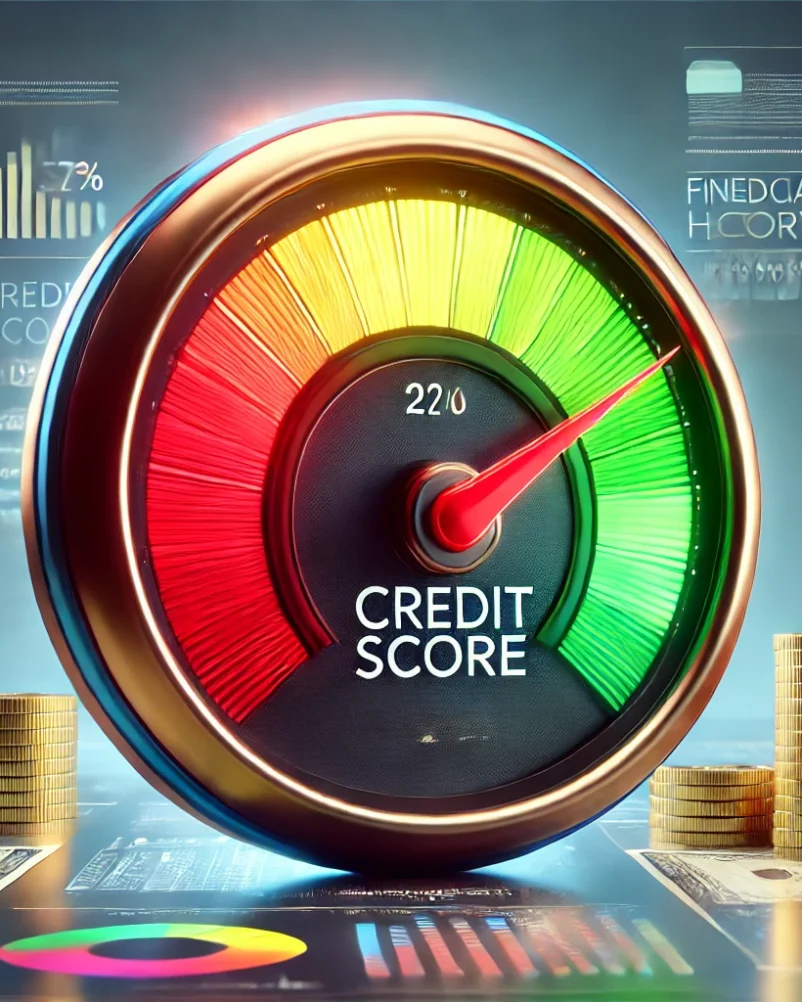Anúncios
Discover How Loan Interest Rates Work in France, Understand the Types of Rates, and Learn How to Compare Offers to Find the Best Option for You
Did you know that the average interest rate for personal loans in France is currently between 3% and 5%?
This variation can have a significant impact on the amount you will repay over time.
If you are considering taking out a loan, understanding interest rates is crucial to making the best financial decision.
In this article, we will demystify everything you need to know about loan interest rates in France, helping you choose the most advantageous option.
How Loan Interest Rates Work
Interest rates represent the cost you pay for borrowed money.
In France, these rates can vary significantly depending on the type of loan, the borrower’s profile, and current economic conditions.
Interest rates are typically expressed annually and can be either fixed or variable.
Anúncios
Types of Interest Rates: Fixed vs. Variable
Fixed Interest Rates
Fixed rates remain constant throughout the loan term.
This means that the amount of your monthly payments will not change, offering predictability and making financial planning easier.
Advantages:
• Stability of payments. • Protection against future interest rate increases.
Disadvantages:
• May initially be higher compared to variable rates. • Less flexibility to benefit from interest rate decreases.
Variable Interest Rates
Variable rates can change over time, typically indexed to reference rates such as EONIA (Euro Overnight Index Average).
This can lead to monthly payments that increase or decrease based on market conditions.
Advantages:
• Potential to benefit from lower interest rates. • Potential to reduce the total cost of the loan.
Disadvantages:
• Uncertainty about future payment amounts. • Risk of significant interest rate increases.
How to Compare Different Loan Offers
Comparing loan offers is crucial to ensure you get the best possible terms.
Here are some steps to help with this comparison:
• Check the APR (Annual Percentage Rate): The APR includes all financial costs and provides a more complete view of the total cost of the loan.
• Compare Interest Rates: Analyze whether the rates are fixed or variable and see how this will affect your payments.
• Evaluate Repayment Terms: Longer terms may result in lower monthly payments but a higher total cost.
• Consider Refinancing Conditions: Some institutions allow refinancing the loan without penalties.
• Analyze Late Payment Penalties: Understand the consequences of potential payment delays.
Factors That Influence Interest Rates
Several factors can influence the interest rates offered by financial institutions in France:
Credit Profile
Your credit history is one of the primary determinants of interest rates.
A good credit score usually results in lower rates, while a low score may lead to higher rates or even loan denial.
Type of Loan
Secured loans, such as mortgage loans, tend to have lower interest rates due to the perceived lower risk by financial institutions.
Unsecured loans, such as personal loans, generally have higher rates.
Economic Conditions
The economic situation of the country, including inflation and the monetary policies of the European Central Bank, can influence interest rates.
During periods of high inflation, rates tend to rise to control the economy.
Loan Term
Longer-term loans typically have higher interest rates due to the increased risk of default over a longer period.
Offered Collateral
Offering collateral, such as real estate or vehicles, can reduce interest rates because the financial institution has additional security in case of default.
Strategies for Getting Better Rates
Improve Your Credit Score
Maintaining a good credit history is essential for obtaining better interest rates.
Pay your bills on time, avoid excessive debt, and regularly monitor your credit report.
Compare Offers
Don’t limit yourself to just one financial institution.
Compare offers from different banks, credit unions, and fintechs to find the best available rate.
Negotiate Terms
Don’t hesitate to negotiate the terms of the loan with your bank.
Often, it is possible to secure a lower interest rate or better repayment conditions.
Consider a Co-signer
Having a co-signer with a good credit history can increase your chances of getting a lower interest rate.
Choose the Right Loan Term
Choosing a repayment term that balances affordable monthly payments with a lower total cost may result in more advantageous interest rates.
Practical Examples and Case Studies
Case Study 1: Personal Loan
Marie wants to take out a personal loan of €10,000 to renovate her home.
She compares the offers and finds two options:
• Bank A: Fixed rate of 4% APR, 5-year term. • Fintech B: Variable rate of 3.5% APR, 5-year term.
Marie opts for Fintech B, taking advantage of the lower initial rate and hoping that interest rates will remain stable or decrease over time.
Case Study 2: Mortgage Loan
Jean plans to buy a property and compares two mortgage loan offers:
• Bank X: Fixed rate of 2.5% over 20 years. • Bank Y: Initial variable rate of 2%, adjusting annually.
Jean chooses Bank X to guarantee fixed payments and avoid the uncertainty of variable rates, ensuring greater financial security in the long term.
Expert Tips for Negotiating Your Rate

Know Your Financial Profile
Before taking out a loan, clarify your financial situation.
Know your credit score, income, and monthly expenses to negotiate from an informed position.
Be Ready to Offer Collateral
Offering collateral can be an excellent strategy for negotiating lower interest rates.
Real estate, vehicles, or other assets can serve as collateral for the financial institution.
Use Online Comparison Tools
Use online loan comparison platforms to quickly view different offers and identify the best available rates on the market.
Be Flexible with the Loan Term
Being flexible regarding the repayment term can help negotiate better conditions.
Consider different terms to find the ideal balance between monthly payments and total cost.
Ask for Financial Advisor Help
A financial advisor can provide personalized guidance and help you negotiate the best conditions for your loan, ensuring you make the most advantageous decision.
FAQs About Loan Interest Rates
What is the APR (Annual Percentage Rate)?
The APR is the rate that includes all the costs associated with the loan, such as interest, commissions, and fees.
It provides a complete view of the total loan cost.
What’s the difference between fixed and variable rates?
Fixed rates remain constant throughout the loan term, while variable rates can change based on market conditions.
How can I improve my credit score?
To improve your credit score, pay your bills on time, reduce your debts, avoid applying for too much credit simultaneously, and regularly monitor your credit report to correct any errors.
Is it possible to negotiate the interest rate of a loan?
Yes, it is possible to negotiate the interest rate with the financial institution, especially if you have a good credit history or can offer additional collateral.
What are the main factors that influence interest rates?
The main factors include the borrower’s credit profile, the type of loan, economic conditions, the loan term, and any collateral offered.
Summary of Advantages
• Clear Understanding: Understand how interest rates work and how they vary.
• Informed Choice: Compare different offers to find the best rate.
• Savings: Use strategies to get lower interest rates.
• Financial Security: Opt for fixed rates for better predictability of payments.
• Protection: Avoid excessive debt by understanding your financial limits.
Ready to take out your loan in France with the best rates?
Click here to access comparison tools and find the perfect offer for you!
Related Topics
• Complete Guide to Mortgages in France
• How to Improve Your Credit History in France
• Comparison of Fintechs and Traditional Banks
• Green Loans: Financing Sustainable Projects
• Tips for Negotiating Favorable Loan Terms
Understanding loan interest rates in France is essential for making smart financial decisions.
By knowing the differences between fixed and variable rates, comparing offers, and applying strategies to negotiate better terms, you can ensure that you get the best value for your loan.
Never forget to analyze your financial profile and seek specialized advice when needed.
With the correct information and a strategic approach, you’ll be well-prepared to achieve your financial goals safely and effectively.


